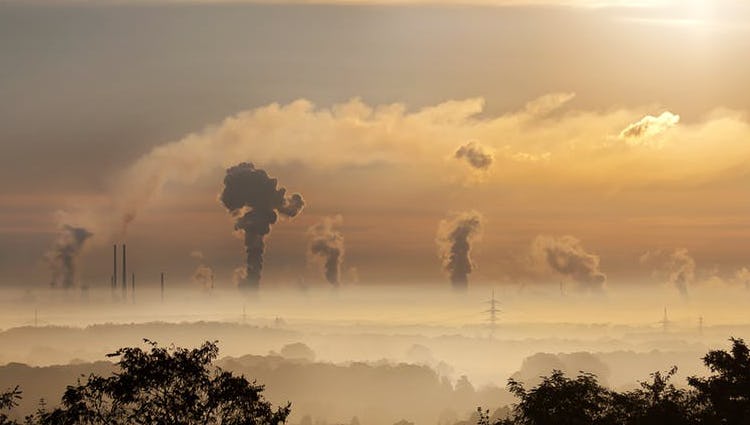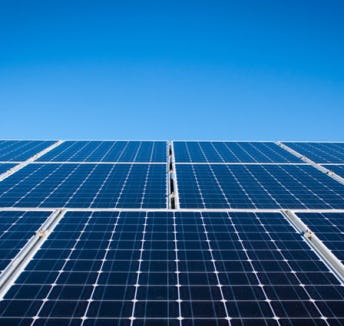
Old and unsustainable ways of harnessing energy, such as burning fossil fuels and nuclear energy are great ways to get an easy fix. You get a lot of energy, and fast. But do the positives add up to the negatives? Here are 4 comparisons that say smart energy is better. It just is.
- Global Warming
The emission rates for fossil fuels are through the roof, even visibly so (we’ve all seen smoggy images from China, definitely not caused by windmills). Oil, natural gas, and coal all contribute heavily to global warming. Some still might say global warming is a hoax, but what if it isn’t? Multi-billion dollar industry or not, it’s better to be safe than sorry. Saying the evidence is substantial would be a massive understatement. Nuclear energy has low emissions, but radioactive waste is very hard to get rid of. the benefits are debatable, as it’s so dangerous.
Wind-generated, solar, hydroelectric, and biomass are the ways to go if you want to put an end to global warming. All leave virtually no footprints, and have low emission-rates. Smart? Smart.
- Limitations
Fossil fuels run out. It’s finite. Totally lame.
Needless to say, the smart energy solutions don’t. As long as we still have sunshine, wind, and water, the planet can survive. Why not get all our energy needs from the same things that keep us alive? That’s some poetry right there.
- Monopoly
A few countries that are on a beneficial geographical location largely monopolize fossil fuels. Which is their prerogative, as any nation would probably do the same. And yet, monopolizing is always a dangerous thing. If a few large suppliers were to quit production tomorrow, the world would fall apart. Global productions would seize, prices would go through the roof, and people might even die because of it. That’s a bit too much influence if you ask me.
Renewable sources are available everywhere. Some countries benefit more from solar power, and other countries rely on wind. Whatever the outcome, it provides for a more balanced future.
- Accidents
Oil spills, earthquakes caused by fracking, Chernobyl, Fukushima, need I even continue? The effects last for decades, if not centuries, and are absolutely disastrous. Not only is it terribly hard to clean up, it makes an area inhabitable for future generations. Just don’t.
The most dangerous accidents that can be caused by renewable energy facilities are probably dam-malfunctions. Granted, if a hydroelectric dam were to break it causes mayhem. The difference? The area doesn’t become inhabitable, and the clean-up won’t take decades to complete. Check-mate.
The winner:
The overall conclusion here is that smart energy is environmentally friendly, limitless, highly available, and low-risk. Making it sound like an actually smart solution, and the clear winner when it comes to making the world a better place for future generations.
Share this article
 Read now Sharing is caring (and profitable)
Read now Sharing is caring (and profitable)
 Read now In love with the Stedelijk
Read now In love with the Stedelijk